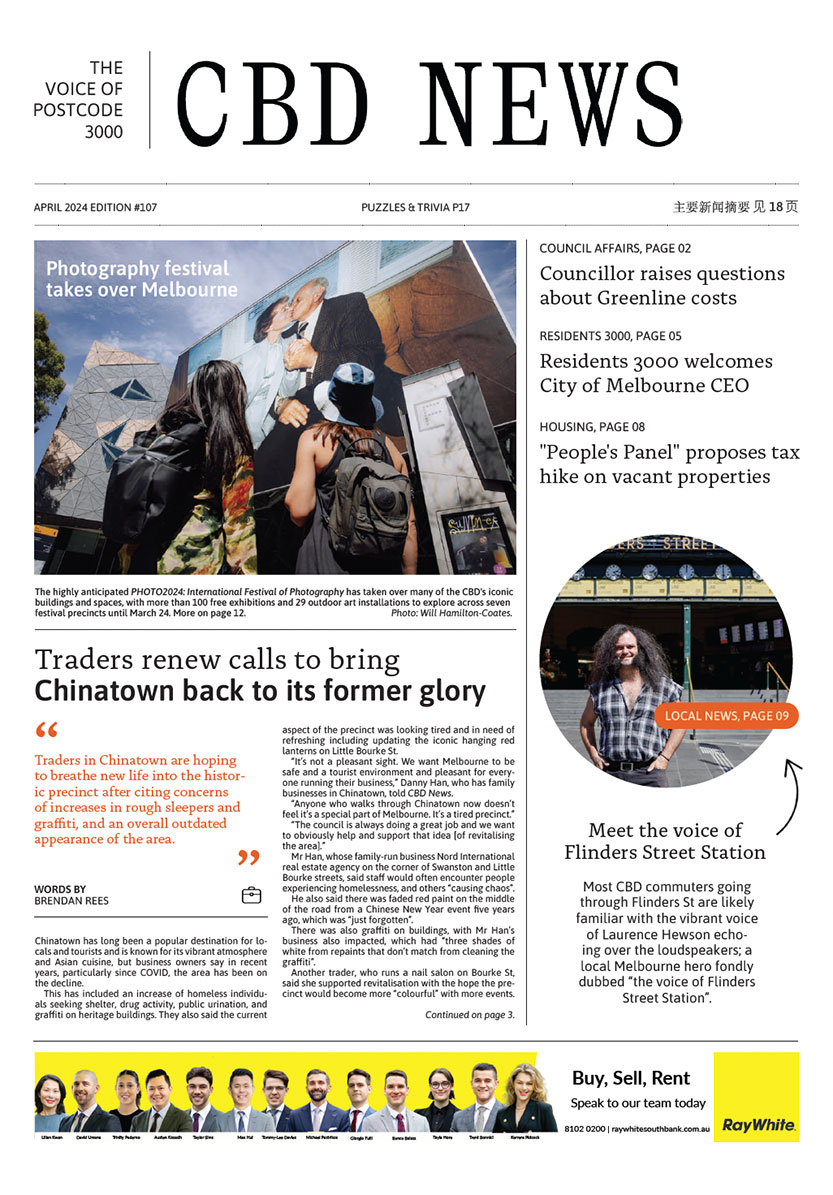Coming out of COVID-19 with a silver lining
By Dr Janette Corcoran
With the easing of COVID-19 restrictions there may be a greater recognition of vertical living challenges!
In this column I previously wrote about the particular challenges faced by vertical villages dealing with COVID-19, chief among which were:
- Interpreting public health orders: whose responsibility is it to enforce?
- Promoting safety and cleanliness: determining closure criteria and exceptions;
- Managing Building Security: negotiating and monitoring access channels;
- Disclosure: determining legal requirements in terms of health and privacy;
The pressure of needing to act quickly, combined with a lack of established connections between our vertical villages, saw each having to develop their own approach to dealing with COVID-19. This has resulted in great variation in the procedures and protocols implemented within our residential buildings – some of which are now beginning to be questioned!
However, dark clouds sometimes have silver linings and there appears the glint of one for our vertical villages.
This takes the form of recognition of our sector – specifically, that high-rise residential living is now mainstream but is also a different way of living and needs to be recognised and supported as such.
This glimmer of light (to continue the cliché) was seen at last month’s Future Melbourne Committee meeting on June 2 when the Lord Mayor Sally Capp proposed a motion on apartment living. This motion noted that “apartment living has for many years been a fast growing part of the City of Melbourne delivering lifestyle, social, environmental and economic benefits for Melbourne”. The motion went on to note some distinct challenges for those living in close proximity and proposed several actions including a forthcoming “Virtual Support Workshop for the Strata Community” - an undertaking being progressed by Cr Nicholas Reece.
The proposed motion drew interesting comments from some councillors, revealing that some might not be as au fait with our way of living as we might expect. However, the motion was carried unanimously, and we now await the virtual workshop.
What has also occurred this month was a community led event entitled “Coming Out of COVID19 – for Owners’ Corporations (OCs)” hosted by the Docklands Representative Group (DRG) – of which I am a member!
On the evening of June 18, the DRG hosted a webinar featuring Docklands News and Southbank News columnist Tom Bacon (CEO of Strata Title Lawyers), along with representatives from the Department of Justice and Community Safety (the entity responsible for our Owners’ Corporation Act 2006).
- Around 90 webinar attendees listened to the discussion on two pressing issues:
- Reopening common property – what powers and responsibilities do OCs have?
- OC funding stress - waiving, delaying or reducing OC fees and interest – what can be legally done?
While emphasising the point that the event offered only general information and not legal advice, these two issues were considered in relation to the actual legal authority of OCs: what powers do OCs have when reopening common property? Must they reopen closed facilities? Can OCs restrict access to common property?
In relation to OC funding, it was noted that COVID-19 has brought significant financial hardship to owners through possible job loss or, if an investor, decreased rental income. At the same time, there are additional building expenses related to COVID-19, such as increased cleaning costs, increased security costs and new expenses for hygiene and safety resources. As OC fees are the key source of funding for the operation of vertical villages, the impact will be severe if many owners fail (or are late) to pay. The webinar considered the powers which OCs have (or do not have) in relation to setting and changing fees, penalties, and budgets and also discussed strategies such as billing individuals for use of specific amenities.
For those interested, a recording of this webinar is available at docklands.org.au.
Feedback from webinar attendees indicated a great interest in future sessions focussed on the needs of OCs. And this is timely input for the forthcoming City of Melbourne’s virtual workshop – which I will report on in my next column! •

“Swanston Triangle” to undergo green renewal



 Download the Latest Edition
Download the Latest Edition